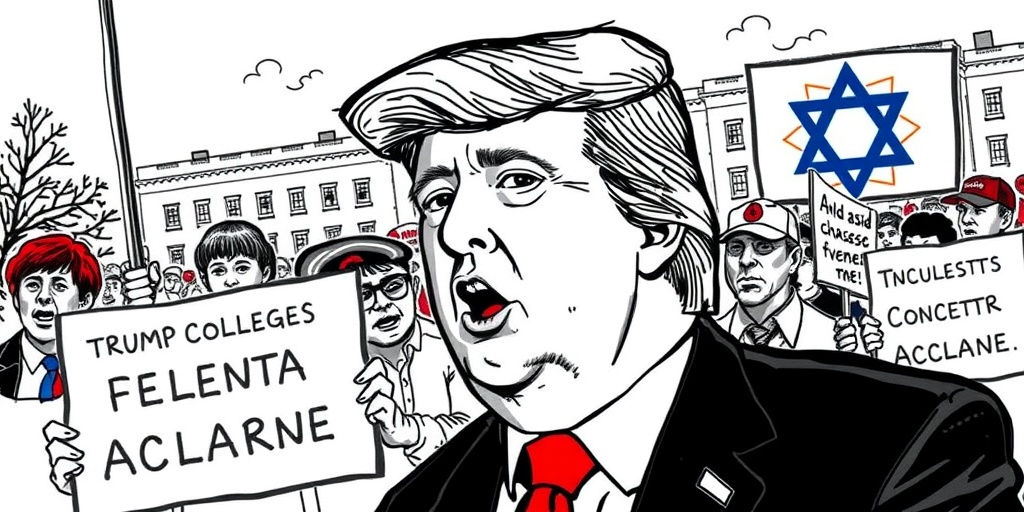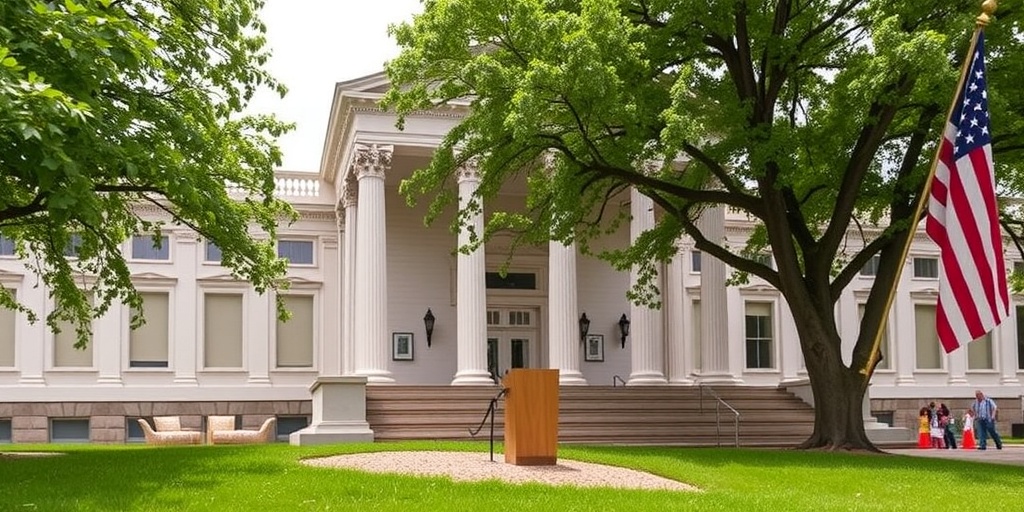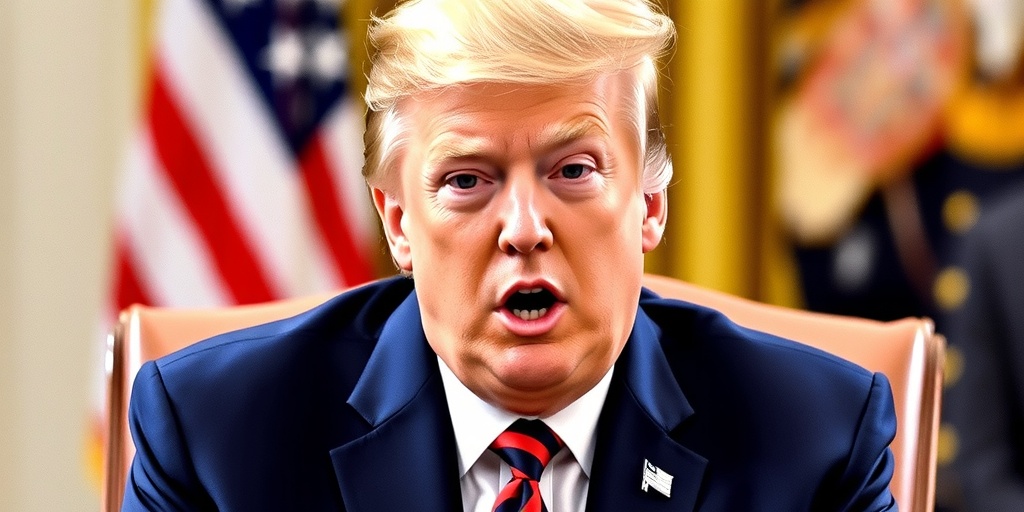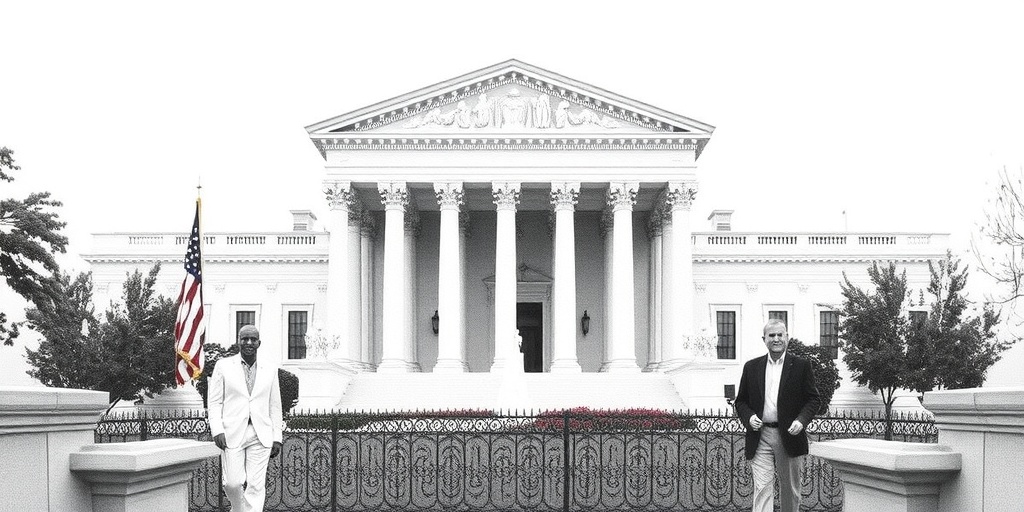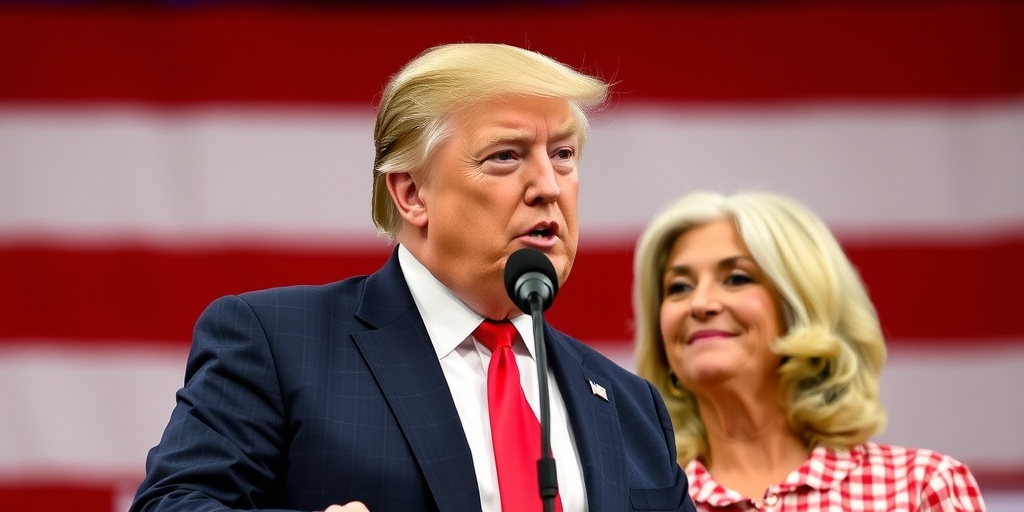Now Reading: Judge Halts HHS from Axing $11 Billion in Health Grants
-
01
Judge Halts HHS from Axing $11 Billion in Health Grants
Judge Halts HHS from Axing $11 Billion in Health Grants
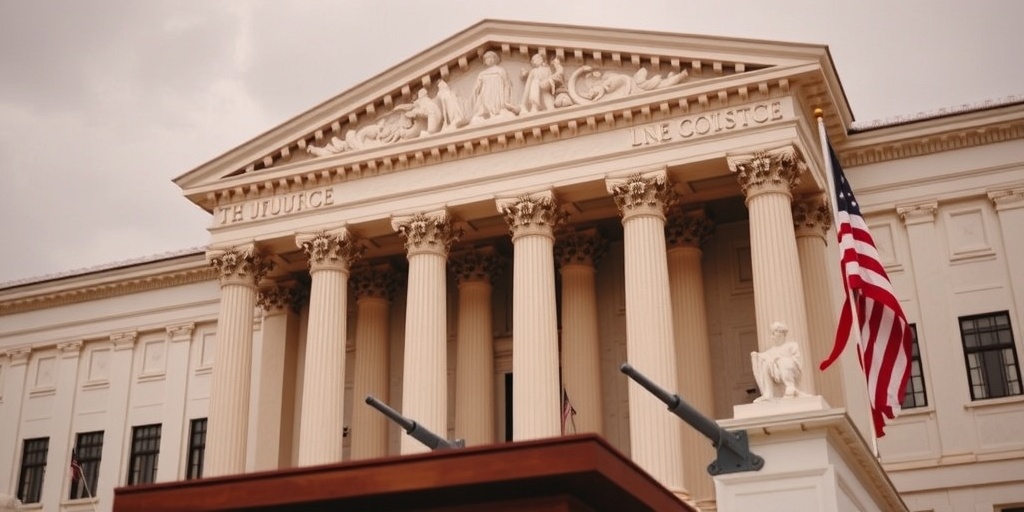
Federal Judge Temporarily Halts Cuts to Public Health Funding Amid Concerns of Crisis
In a significant legal development, a federal judge has issued a temporary order preventing the Department of Health and Human Services (HHS) from terminating essential public health funds that had been allocated to various states during the Covid-19 pandemic. This decision comes in response to legal action taken by a coalition of Democratic states, which argued that the abrupt cuts to funding had left their health systems in disarray, threatening critical services.
The ruling was handed down by Judge Mary S. McElroy of the U.S. District Court for the District of Rhode Island during a hearing on Thursday. Judge McElroy highlighted how the cuts had jeopardized vital public health initiatives, from childhood vaccination programs to treatment for opioid addiction, nearly overnight. "These funding cuts cannot be ignored," she stated, pointing to the immediate repercussions on the public health infrastructure.
The lawsuit, filed on Tuesday by 23 states and the District of Columbia, targeted a decision made by the Trump administration to cancel over $11 billion in federal grants. Officials from the Trump administration claimed that the funding was no longer needed due to the expiration of the government’s pandemic emergency declaration nearly two years prior. However, the states contended that the termination was abrupt and lacked justification, especially since some of the funding was not set to expire until as late as June 2027.
Following the government’s notifications to state agencies, concerns arose regarding the immediate impact on public health services. The notices bluntly stated that “no additional activities can be conducted, and no additional costs may be incurred, as it relates to these funds.” This left many states scrambling to manage their budgets and put essential health services at risk.
During the hearing, Sarah Rice, a lawyer representing the Rhode Island attorney general’s office, detailed the cascading crises that states faced as a result of the funding cuts. The coalition had submitted over 4,000 pages of documentation showcasing the serious ramifications across various states. For instance, in Minnesota, approximately 170 state employees, including critical epidemiologists and research scientists, faced layoffs due to halted funding. It was also projected that around 12 percent of the state’s health care workforce could eventually lose their jobs.
Rhode Island officials were on the verge of shutting down planned vaccination clinics, and California was grappling with a staggering loss of $2 billion in federal grant money, which was expected to impact childhood vaccination efforts and health services in rural areas far from hospitals. The funding cuts threatened the state’s ability to maintain essential public health initiatives.
Rice articulated that state laboratories, which conduct testing for serious diseases like Zika and Ebola, also depended heavily on federal grant money for acquiring the necessary lab equipment and providing timely results to patients. She stated that the states experienced immediate and irreparable harm due to the funding cuts, emphasizing that they lacked the resources to replace the grants that were pivotal in constructing their public health programs.
During the hearing, Judge McElroy focused on the implications of cutting grants from the Substance Abuse and Mental Health Services Administration (SAMHSA), an HHS division that funds state initiatives for treating alcohol and opioid addiction. The judge noted that federal law stipulates these grants cannot be canceled summarily without providing states with adequate notice and an opportunity to appeal. The abrupt termination of such funding risked leaving individuals in addiction treatment without necessary hospital care or medications, putting their lives at risk.
Responses from the government were less reassuring. Leslie Kane, representing the Justice Department, requested the court to delay an immediate ruling in order to allow the government time to adequately review the extensive documentation presented by the states. However, Judge McElroy responded swiftly, granting an emergency restraining order within half an hour of the hearing. She cited the overwhelming evidence presented by the states and their strong likelihood of success in the legal challenge as reasons for her decision.
The judge ordered both parties to reconvene on April 16 to discuss subsequent steps in the case. “I don’t see how I can deny the temporary restraining order on the record that’s before the court,” she expressed firmly. The outcome of this legal dispute could have widespread implications for public health funding and services across the affected states, which continue to deal with the aftermath of the pandemic. As the states work to stabilize their public health systems, the ruling represents a temporary win in their fight against sudden funding cutbacks, while highlighting the broader risk that such abrupt policy changes pose to health services nationwide.
Stay Informed With the Latest & Most Important News
Previous Post
Next Post
-
 01New technology breakthrough has everyone talking right now
01New technology breakthrough has everyone talking right now -
 02Unbelievable life hack everyone needs to try today
02Unbelievable life hack everyone needs to try today -
 03Fascinating discovery found buried deep beneath the ocean
03Fascinating discovery found buried deep beneath the ocean -
 04Man invents genius device that solves everyday problems
04Man invents genius device that solves everyday problems -
 05Shocking discovery that changes what we know forever
05Shocking discovery that changes what we know forever -
 06Internet goes wild over celebrity’s unexpected fashion choice
06Internet goes wild over celebrity’s unexpected fashion choice -
 07Rare animal sighting stuns scientists and wildlife lovers
07Rare animal sighting stuns scientists and wildlife lovers













